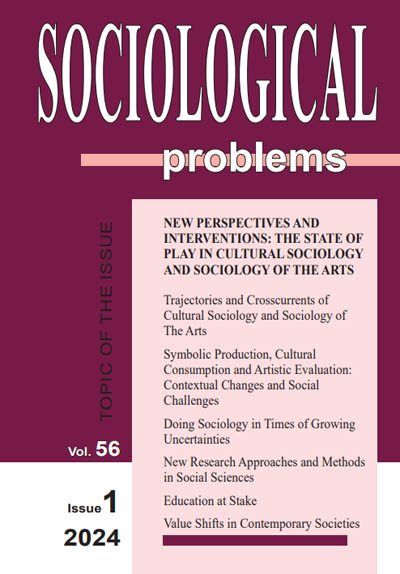Crisis of Responsibility: What Does ChatGPT Leave Unsaid About the Future of Education?
Crisis of Responsibility: What Does ChatGPT Leave Unsaid About the Future of Education?
Author(s): Veselina KachakovaSubject(s): Social Sciences, Education, Sociology, School education, Higher Education , Social Informatics, Sociology of the arts, business, education, Sociology of Education
Published by: Институт по философия и социология при БАН
Keywords: authority; crisis; education; future; (ir)responsibility; reflection
Summary/Abstract: My observations of the school environment as a student, later as a parent and a teacher have provoked various questions. How do social and political changes affect children’s school behaviour? What are the reasons for the significant differences between the generations before and after the Millennium? Who is responsible for the future of generations? Searching for answers to these questions coincided with the launch of ChatGPT – the first Open AI model. As an example of authority without responsibility, it is used in this article to test its responses to the question “Who is responsible for the future of education?”. These responses are compared to data and conclusions from recent reports by the OECD, World Bank and UNICEF and examined through Hannah Arendt’s perspectives on the crisis in education. Although her observations are based on the educational system in the USA about 70 years ago, they reveal the reasons for many existing issues in the field and provide sources for a critical reflection on them. Such a reflection is essential to build connections between generations, between humans and technologies, and between the past and the future of the world.
Journal: Социологически проблеми
- Issue Year: 56/2024
- Issue No: 1
- Page Range: 251-265
- Page Count: 15
- Language: English
- Content File-PDF

